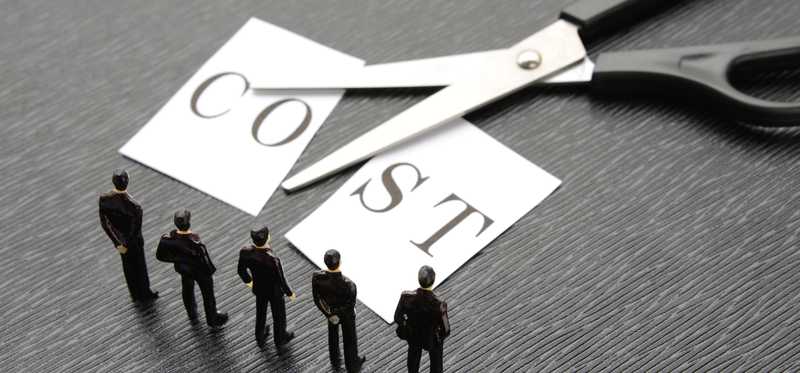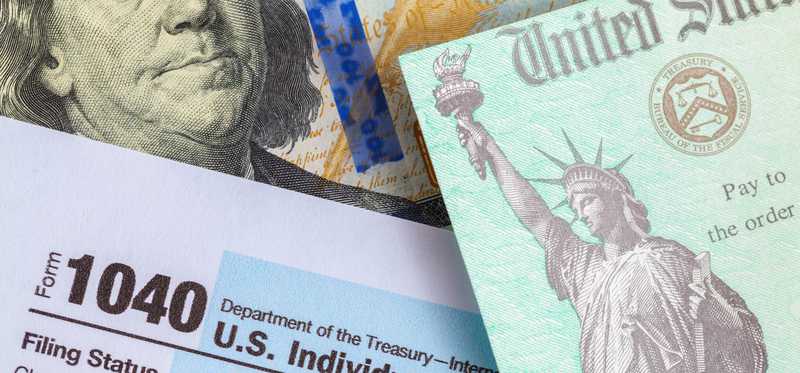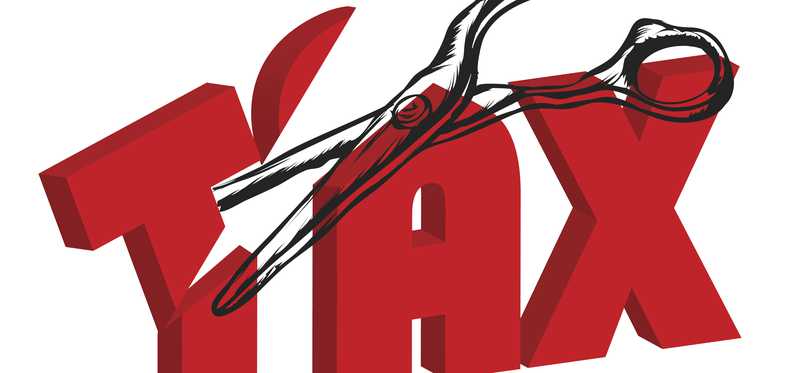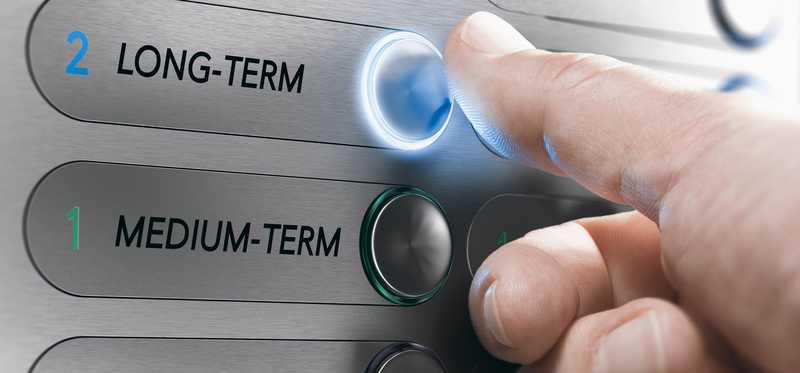7 Steps to Managing Your Money Like the 1%

7 Steps to Managing Your Money Like the 1%
Keeping money is as important as earning it
Earning money is only part of what it takes to get to be part of the 1%. As so many celebrities with high-profile money troubles have shown, managing the money you’ve earned is at least as important as earning it in the first place. Indeed, as many Millionaire Next Door types have shown, taking care of the money you do have is often a bigger part of getting and staying wealthy than a high salary is.
With that in mind, these seven steps to managing your money like the 1% can help put you in more control of the financial resources you do have available. With careful stewardship of your finances over time, you just might find yourself closer to that 1% than you ever thought possible.
5 Stocks Under $49
Presented by Motley Fool Stock Advisor
We hear it over and over from investors, “I wish I had bought Amazon or Netflix when they were first recommended by The Motley Fool. I’d be sitting on a gold mine!" It's true, but we think these 5 other stocks are screaming buys. And you can buy them now for less than $49 a share! Click here to learn how you can grab a copy of “5 Growth Stocks Under $49” for FREE for a limited time only.
Previous
Next

1. Be smart with debt
The 1% don’t necessarily avoid all debt, but they do recognize it as both the tool and the double-edged sword that it is. They’ll use debt if they see a clear opportunity to earn a substantially higher return on the money they borrowed than the cost of borrowing that money.
Even then, they’re careful with it. After all, in most instances, a debt needs to get paid no matter what, even if the asset purchased with it winds up worthless. As a result, they’ll generally keep their debt levels low enough that they can manage both the balance and the payments even when things go wrong.
Previous
Next

2. Give every dollar a purpose
Just like the rest of us, the rich have bills to pay. And while their incomes might be higher than ours, there are limits to what even their finances can buy. A key way the rich stay rich is by giving a purpose to every dollar they have.
Budgets may not be the most fun money topic out there, but they are a foundational part of managing your finances effectively. They help you make sure more of your money is going toward your priorities. In addition, when negative surprises happen, they can help you figure out where you can more easily pull money from to cover the gaps that arise.
Previous
Next

3. Keep your costs down
Warren Buffett, one of the richest people on the planet, famously lives in a house that he bought in 1958. Could he afford a larger and more modern home? Certainly -- but it was never a high enough priority for him.
The reality is every dollar you spend on your base lifestyle is a dollar you can’t invest for your future or spend on a different priority in your life. The higher your costs, the harder it is to save -- and the larger a nest egg you need -- to reach financial independence.
Keeping your core costs as low as feasible gives you that much more flexibility for the rest of your financial life and is key to any attempt you might like to make when it comes to building wealth.
Previous
Next

4. Pay yourself first
Income alone won’t make you sustainably rich. That requires an investment portfolio that has the potential to provide high enough absolute returns to replenish the money you’re spending in order to sustain your lifestyle over time.
Making investing a high-priority use of the money you earn -- paying yourself first -- can go a long way toward helping you build that portfolio. As long as your debts are in control and you’re adequately covering your core costs of living, making investing a top priority will accelerate your chances of reaching that goal.
Previous
Next

5. Respect the tax impact of money choices
If you’re earning a salary, you pay Social Security, Medicare, and earnings taxes. If your investments in ordinary brokerage accounts pay dividends, you’ll likely pay tax on those payments. If you sell stocks for a profit in an ordinary account, you’ll probably owe capital gains taxes on those sales. Contrary to popular belief, even the 1% pay taxes on those types of activities and income. What they might do better than the rest of us, though, is plan around those taxes.
Uncle Sam charges interest and penalties on top of taxes owed if he doesn’t get his cut in a timely manner. Many states also make it expensive to not pay enough in taxes, quickly enough. The 1% generally make sure they spend based on what they expect to keep after tax, rather than their gross proceeds, before tax. That way, they don’t find themselves in the very expensive cost spiral of penalties and interest.
5 Stocks Under $49
Presented by Motley Fool Stock Advisor
We hear it over and over from investors, “I wish I had bought Amazon or Netflix when they were first recommended by The Motley Fool. I’d be sitting on a gold mine!" It's true, but we think these 5 other stocks are screaming buys. And you can buy them now for less than $49 a share! Click here to learn how you can grab a copy of “5 Growth Stocks Under $49” for FREE for a limited time only.
Previous
Next

6. Make use of available tax shelters
Where the 1% tend to excel is in maximizing the value of available tax shelters. But shelters aren’t just for the ultra-rich. Even ordinary folks with jobs are likely to have access to some tax shelters. Key ones include 401(k) and IRA accounts to save for retirement, 529 accounts to save for kids’ educations, and flexible spending or health savings accounts to help cover medical costs.
Those accounts give you the opportunity to save for a specific purpose and offer tax advantages when you put that money to use in that specific manner. Although those in higher tax brackets tend to benefit more from the tax advantages, those tax shelters are widely available and can help even us ordinary folks build wealth that much faster.
ALSO READ: Tax Shelters Aren't Just for the Rich: Here Are a Few Anyone Can Use
Previous
Next

7. Have a long-term financial perspective
Many among the 1% are company founders or longtime CEOs. Others are heirs that have shepherded the wealth created by those who were in such positions. What they generally have in common, though, is a long-term perspective and a wish to see their businesses or institutions thrive long beyond their days at the helm. This is important for two reasons.
First, a long-term perspective can help you make decisions that make more sense over time than they do immediately. For instance, saving for retirement does keep you from spending more today, but it will typically pay off over the long haul. Those types of decisions can help you actually make it to -- and through -- that longer-term future.
Second, if you’ve ever “done the math” on valuing a company using a discounted cash flow model, you likely found that the long-term future accounts for a huge chunk of the value of the business. As a result, that means a large part of the 1%’s net worth actually comes from the fact that what they’ve built is designed to last beyond their time at the helm.
Previous
Next

Even if you never join the 1%, these steps can help you
Although the elite ranks of the 1% may be tough to reach, these core money management skills can help you get closer to that goal. Regardless of whether you get there, however, you can certainly use them to help you get greater value from the money you do have available to you.
The sooner you get started down the path, the sooner you can get yourself to the point where your money can work as hard on your behalf as you have worked to earn it. When you reach that point, even if you’re not among the 1%, you will certainly have one of the best parts of being there. The feeling of flexibility and freedom that comes from having your money in control and working for you is one that you’ll certainly cherish once you reach it.
The Motley Fool has a disclosure policy.
Previous
Next
Invest Smarter with The Motley Fool
Join Over Half a Million Premium Members Receiving…
- New Stock Picks Each Month
- Detailed Analysis of Companies
- Model Portfolios
- Live Streaming During Market Hours
- And Much More
READ MORE
HOW THE MOTLEY FOOL CAN HELP YOU
-
Premium Investing Guidance
Market beating stocks from our award-winning service
-
The Daily Upside Newsletter
Investment news and high-quality insights delivered straight to your inbox
-
Get Started Investing
You can do it. Successful investing in just a few steps
-
Win at Retirement
Secrets and strategies for the post-work life you want.
-
Find a Broker
Find the right brokerage account for you.
-
Listen to our Podcasts
Hear our experts take on stocks, the market, and how to invest.
Premium Investing Services
Invest better with The Motley Fool. Get stock recommendations, portfolio guidance, and more from The Motley Fool's premium services.